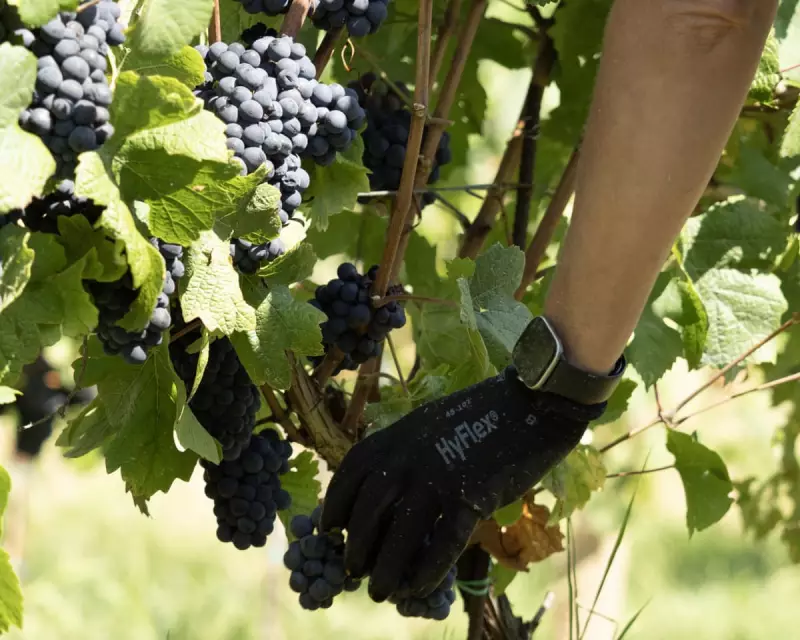
Forget the old adage about April showers. In Britain, it's the often-grey and damp days of August that are quietly shaping some of the nation's most beloved produce. While sun-seekers may lament the washed-out summer days, a fascinating meteorological alchemy is at work, benefiting bees, vines, and ultimately, our palates.
A Blessing for Bees: The Sweet Side of a Soggy Summer
Contrary to the assumption that bees thrive only in blazing sunshine, a wet August can be a boon for honey production. The rain revitalises gardens, parks, and wild meadows, causing a secondary bloom in many plants. This extends the foraging season for bees, providing a greater diversity and abundance of nectar.
The result? A more plentiful and often more complexly flavoured honey harvest. Beekeepers across the UK have noted that a damp August doesn't dampen spirits; it leads to busier hives and fuller honeycombs, turning a meteorological negative into a culinary positive.
Vineyard Victory: The Perfect Conditions for English Wine
Similarly, the UK's burgeoning wine industry has reason to raise a glass to August rains. While grapes need sunshine to develop sugars, they also require sufficient water to plump up and achieve balance. A hot, dry July followed by a cooler, wetter August provides an almost ideal growth cycle.
The rain hydrates the vines after the stress of the summer heat, allowing the grapes to swell to their optimal size without becoming over-sweetened. This balance of sugar, acidity, and water content is the holy grail for winemakers, promising a vintage with elegance, crispness, and depth of flavour that is becoming the hallmark of English wines.
Beyond the Hive and Vineyard: A Ripple Effect
The impact of this weather pattern extends further than just honey and wine. The rejuvenating effect of August rain:
- Boosts late-season crops: Vegetables like courgettes, pumpkins, and leafy greens receive a vital growth spurt.
- Refills natural water sources: Ensuring healthier ecosystems and better resources for wildlife and farming ahead of autumn.
- Prepares the ground for autumn: The moist soil is ideal for planting and establishes stronger roots for the following year.
So, the next time the clouds gather and the rain begins to fall during the August bank holiday, there's a new perspective to consider. It’s not just a washout; it’s nature’s way of investing in a sweeter, more flavoursome future for British produce.





